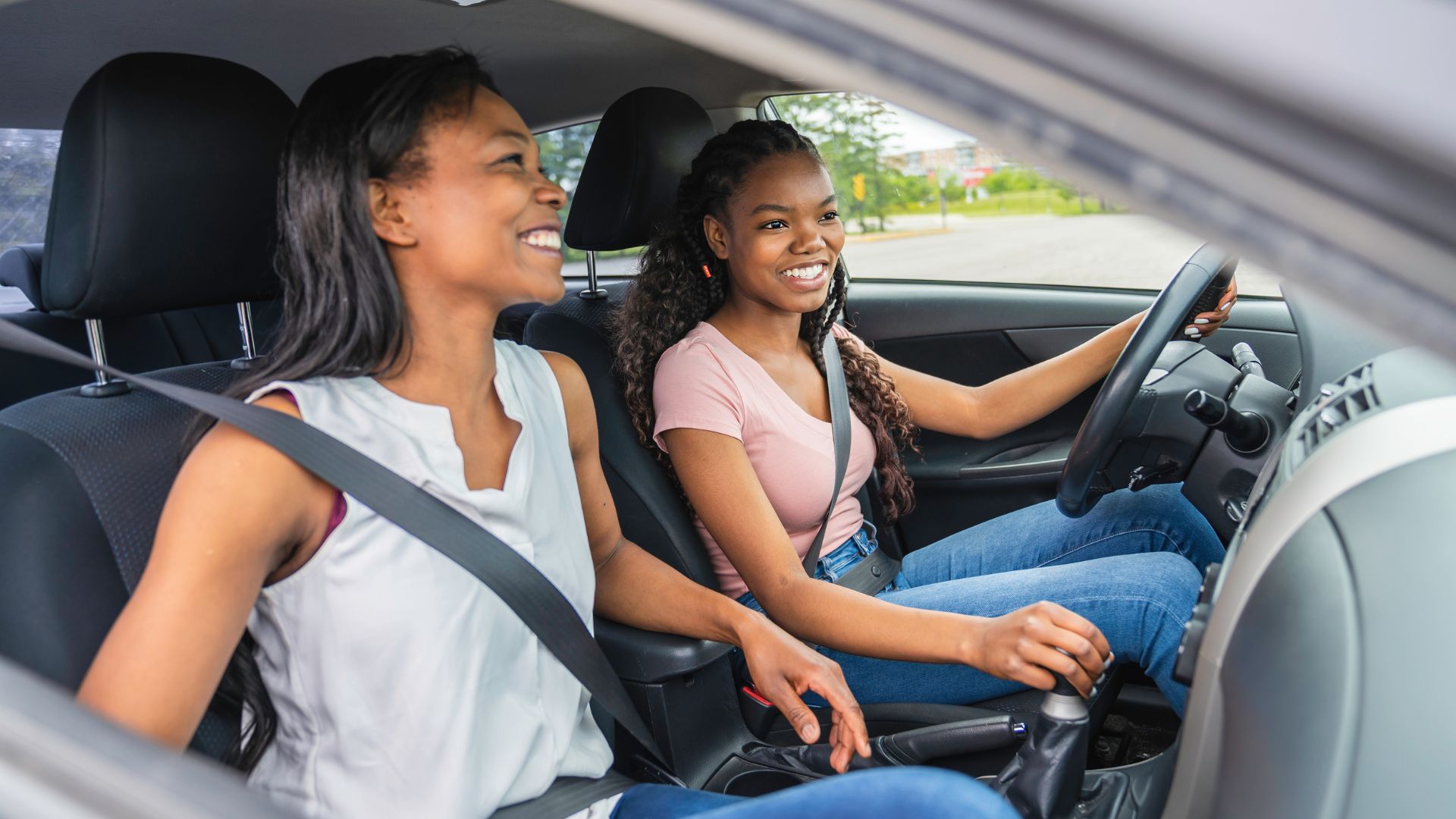Your baby is about to start driving! While you can’t be right by their side in the passenger seat all the time, you can prepare them for this new chapter of their life. Use these 6 tips to protect your teen when they start driving on their own.
Provide a Reliable Vehicle
It’s common for teenagers to receive a run-down vehicle as their first car. While you don’t need to present them with a brand-new car, avoid giving them a vehicle with ample mechanical complications.
You and your teenager should trust the vehicle they drive. It should get them safely from point A to point B every time without worry.
Set a Curfew
As a parent, you can protect your teen when they start driving by establishing a curfew so that they’re not driving too late at night. Many parents prefer their children to be home by 10 or 11 p.m. In fact, some cities have regulated curfews for drivers under 17 years old.
Once you choose the curfew, ensure that they know there will be consequences for failing to meet this request. The rule is in place for their own safety and your peace of mind.
Give Teenagers a Basic Understanding of Cars
Most teenagers (and some adults) are oblivious to how vehicles function. Maintenance is a key component of driving safely.
Teach your child about the undesirable sounds to listen for in the transmission or engine and show them how to add coolant, windshield wiper fluid, and top off their transmission fluid. Going over an overview of automatic transmission parts with them is best. This way, they know what to do if something breaks down.
Prepare Teenagers for Getting Pulled Over
Almost every driver has been pulled over at least once. Telling your teen what to do in these situations will ease their mind and make traffic stops less frightening.
When they see the flashing police lights, they must put on their blinker and pull over to the side of the road as soon as possible. They should place the car in park and keep their hands on the steering wheel. The officer will arrive at the window and ask for the driver’s license, registration, and insurance card.
The key to traffic stops is to always speak and act respectfully to the officer. Police must be on high alert, so it’s best for people of all ages to avoid giving the officer any reason to feel suspicious or on guard.
Explain What To Do in Case of a Car Accident
If your teenager gets into an accident, be sure they know to call 911. In most cases, the other car or cars involved will stay on the scene and wait for the police to arrive. Then, they must evaluate the damage.
Calling the police is the honest and responsible thing to do. Fleeing an accident could lead to more trouble for your new driver.
Let Your Teen Know They Can Always Call for Help
The final tip your teenager should know is that they can always call their parents for help. Teenagers get scared at times. They don’t want their parents to feel angry or disappointed.
Parents only want their children to be safe. Have a discussion so that your teen understands that in any uncomfortable or dangerous situation, you’ll be there.








Leave a Reply